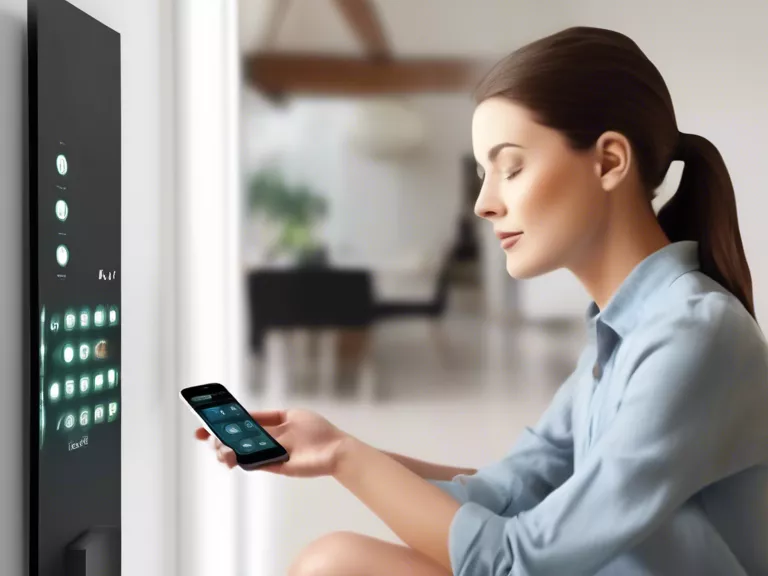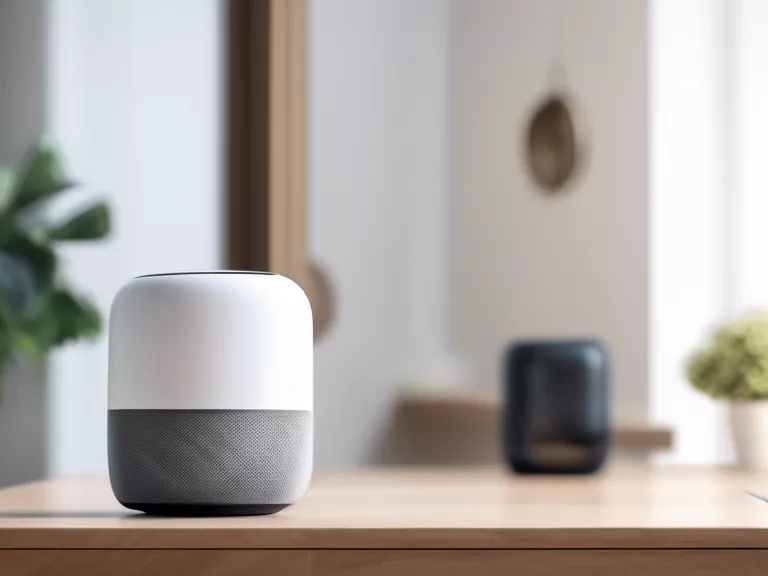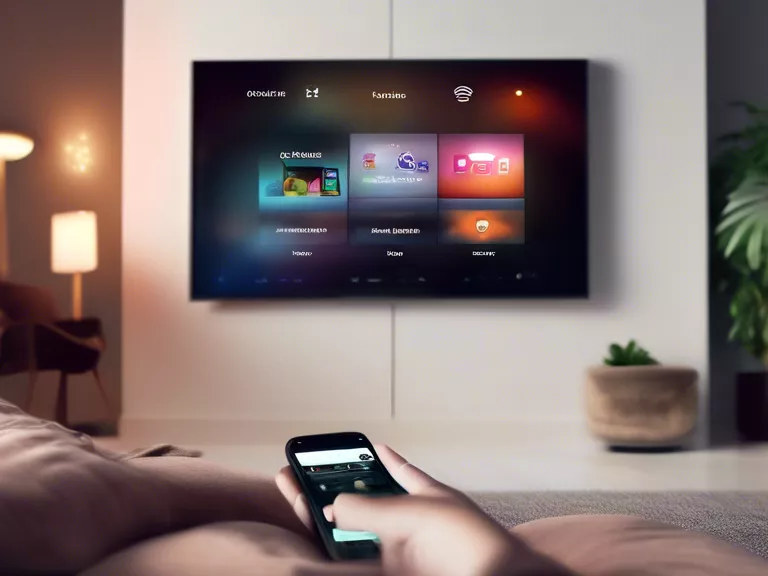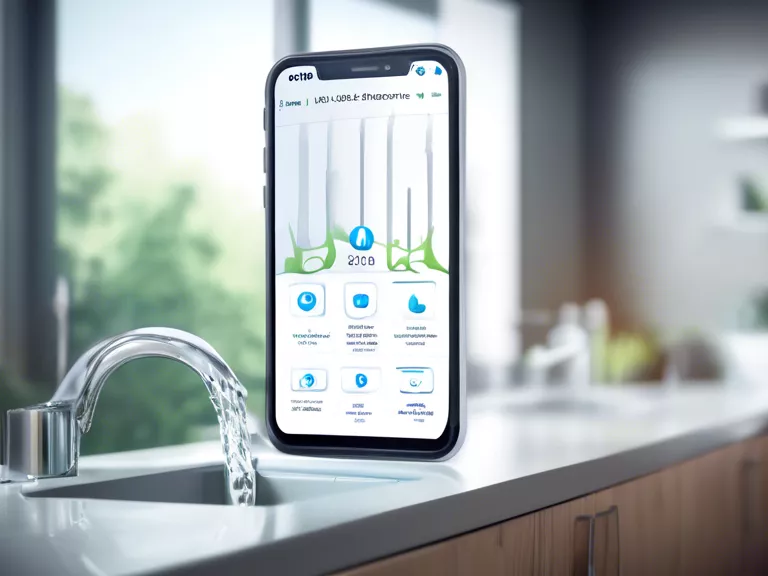
In recent years, the integration of artificial intelligence (AI) in home automation systems has revolutionized the way we interact with our living spaces. By harnessing the power of AI, smart home devices can now adapt to user behavior and preferences like never before, making our homes more efficient, intelligent, and personalized.
One of the key ways in which AI-powered home automation is changing the game is through the use of machine learning algorithms. These algorithms can analyze data from sensors and devices throughout the home to learn patterns in user behavior. For example, they can detect when you usually come home from work, adjust the temperature and lighting accordingly, and suggest your favorite music playlist to create the perfect ambiance.
Moreover, AI can also tailor recommendations and suggestions based on your preferences. For instance, if you like to relax in the evening while watching a movie, your smart home system can dim the lights, close the curtains, and turn on your home theater system at the touch of a button. Over time, the system can learn your habits and preferences, anticipating your needs and automating tasks to make your life easier.
Additionally, AI-powered home automation systems can provide valuable insights into energy usage and help you make more sustainable choices. By analyzing your energy consumption patterns, these systems can suggest ways to optimize energy usage, such as adjusting thermostat settings or switching off devices when not in use. This not only helps you save money on energy bills but also reduces your carbon footprint.
In conclusion, AI-powered home automation is transforming the way we interact with our living spaces by adapting to user behavior and preferences. By leveraging the power of AI and machine learning, smart home systems can create a personalized and efficient environment that responds to your needs and enhances your quality of life.



